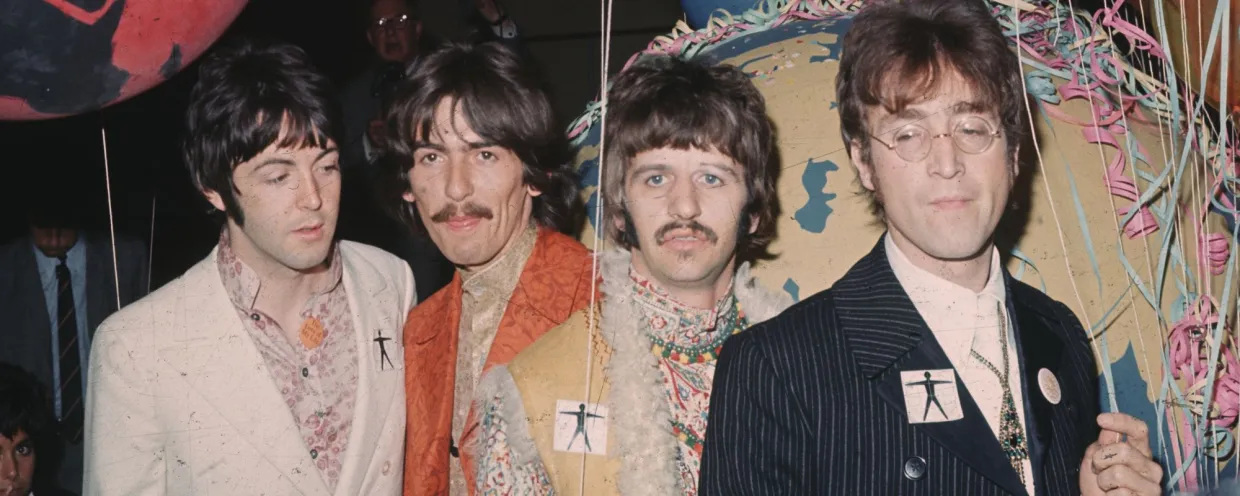There are a number of ways that you can describe Paul McCartney. Given he has had such a long and successful career, there are several different points in his life that you can draw from to form an opinion of him. Some people see the former Beatle as one of the best songwriters of all time; others think he is overrated. Regardless of what side you’re on, one description that you can’t argue with is that Paul McCartney is human.
People have so widely enjoyed McCartney’s music throughout the decades because of how easily it can be applied to the lives of those who listen. He is a storyteller in how well he can create a narrative, and how he can describe people and places makes you feel as though you have landed right in the middle of the song itself.
McCartney has always left things relatively open when it comes to whom his song pertains to specifically, but that wasn’t the case with the Wings track ‘Daytime Nighttime Suffering’, which he was very open in describing as a feminist song that highlights the plight of what it means to be a woman.
The track was released as a B-side to the Wings single ‘Goodnight Tonight’, much to the annoyance of the rest of the band. McCartney had announced to them that if they wrote a good enough song, it would be the B-side. This was a big deal to his fellow bandmates as the money from album sales would result in a small fortune. However, it was never meant to be, as no one even had a chance to play their music.
As Monday rolled around, with the Wings members having worked to try and put a good song together, McCartney dismissed them before a single note was played, saying that he had written ‘the one’. The single ‘Goodnight Tonight’ ended up hitting the top ten in both the UK and the US, and the B-side (also known as ‘the one’) ‘Daytime Nighttime Suffering’ became one of Paul McCartney’s favourites.
Despite only working a few days on writing it, the recording process was a lot more complicated, taking 49 attempts in total. Even now, in the track’s final mix, you can hear McCartney’s son, James, crying in the background (he was a baby at the time; it wasn’t a side-effect of the elongated recording period).
When asked about the song’s meaning, McCartney didn’t hold back in revealing its message. “That’s a pro-women song. ‘What does she get’ for all of this? ‘Daytime nighttime suffering.’ It’s like the plight of women. You were saying about the Beatles stuff and my stuff being very humanistic. And I say that’s what I would be most proud of – as would any artist.”
McCartney cited it as one of his favourites for years after the song was released. It was never a track that the band played live but was repeatedly referenced by McCartney as something he was proud of. Whether that was because of the tune itself, the message, or to make the rest of the band feel a bit better that none of their songs were chosen, we will never know.



